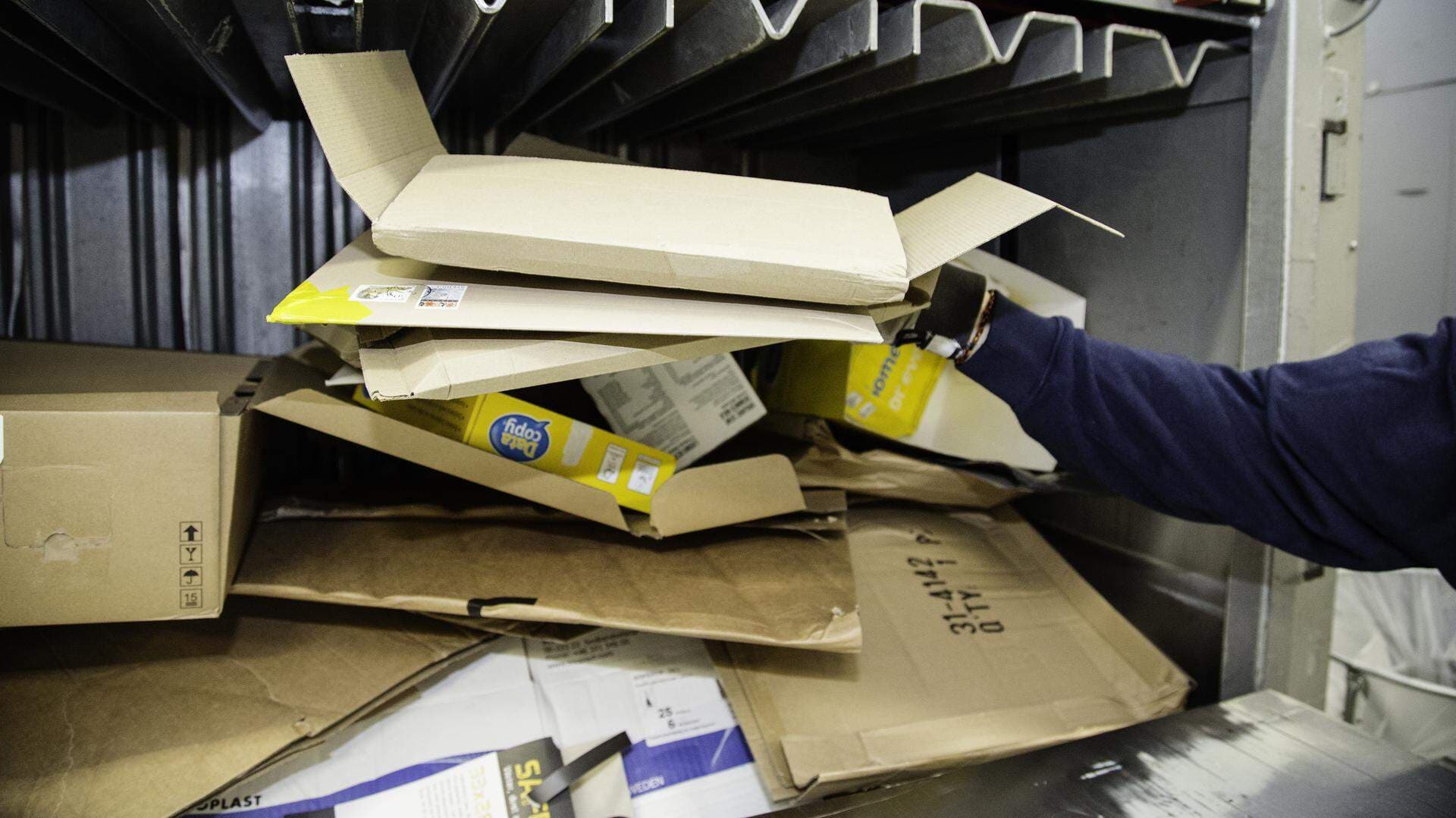Preliminary response to the European Commission’s proposal for a regulation on packaging and packaging waste
Swedish Enterprise welcomes the EU Commission’s proposal for a new regulation on packaging and packaging waste. Future regulation should encourage the adoption of alternatives that contribute to the best overall climate and environmental benefits.

Swedish Enterprise welcomes the EU Commission’s proposal for a new regulation on packaging and packaging waste. The proposal is a key part of the implementation of the Green Deal and the circular economy action plan. The single market is vital to the functioning of the circular economy and Swedish Enterprise supports the Commission’s plans to introduce harmonised EU-wide legislation on this issue.
Swedish Enterprise also welcomes the fact that the proposal addresses the early stages of the waste hierarchy. Future regulation should encourage the adoption of alternatives that contribute to the best overall climate and environmental benefits. This means that waste streams may deviate from the hierarchy where justified with regards to lifecycle approaches in terms of general impact of the generation and handling of such waste (in line with the Waste Directive 2008/98/EC, Article 4.2).
Towards a more circular society
To move towards a more circular society, resources need to be used more efficiently. Recycling and reuse are necessary, and these measures need to complement each other. Swedish Enterprise would like to stress that the objectives included in the proposal needs to be based on scientific and material-specific data regarding environmental benefits, logistics, hygiene, and the importance of high return rates and low wastage. Legislation on reusables should be preceded by independent comparisons from systems and lifecycle perspectives to avoid environmental suboptimisations.
New regulation must safeguard well-established and well-functioning systems for recycling certain types of packaging. One example is the deposit-refund system for beverage containers, which has been in place in Sweden for 35 years and has been built up through continuous investment. The collection rate for cans and PET bottles in Sweden in 2021 was 88.2%.
Requirements in the regulation need to be designed in such a way so that materials used in packaging that are put on the market can be recycled multiple times. This also applies to packaging for reuse. Swedish Enterprise therefore argues that a definition of high-quality recycling needs to be developed.
Swedish Enterprise positive
Swedish Enterprise is positive about harmonised criteria for guidance regarding how recyclability and modulation of producer responsibility fees are defined and adopted. Swedish Enterprise emphasises that requirements in the regulation should be drafted in such a way so that they are clear, practical and simple to supervise. Requirements that cannot be followed up should be seen as indicative and are better suited for inclusion in the recitals rather than in the regulatory articles.
Swedish Enterprise welcomes the fact that the measures are primarily focused on packaging where increased circularity and recycling is needed. From this perspective, Swedish Enterprise welcomes the fact that cardboard and corrugated cardboard in packaging for transport are exempt from the requirements for reuse, for example.
To ensure that packaging is recycled and that the targets for quota obligations are met, it is vital that collection systems are strengthened, and that recycling capacity is increased. Swedish Enterprise would also like to emphasise that the requirements for recycled raw materials should never undermine product safety.
Swedish Enterprise would like to stress the importance of avoiding duplication of regulations and consideration must therefore be given to other related legislation such as the proposal for an Ecodesign for Sustainable Products Regulation (ESPR), which is currently being negotiated, and the implementation of the Single-Use Plastics Directive in member states.
Prefers harmonised standards
Requirements for the registration of packaging producers will be included in several pieces of legislation, for instance the regulation on food contact materials. Swedish Enterprise argues that the registration requirements in the regulation are designed with enough flexibility so it becomes possible for member states to collect registration details for several different regulations in one and the same place. This would simplify the application of the rules for both public authorities and industry.
Swedish Enterprise generally prefers harmonised standards rather than technical specifications. Joint efforts should be made to remove bottlenecks in the process of establishing harmonised standards in order to make the process more efficient.
Swedish Enterprise will continue to analyse the proposal and provide a more thorough response in due course.